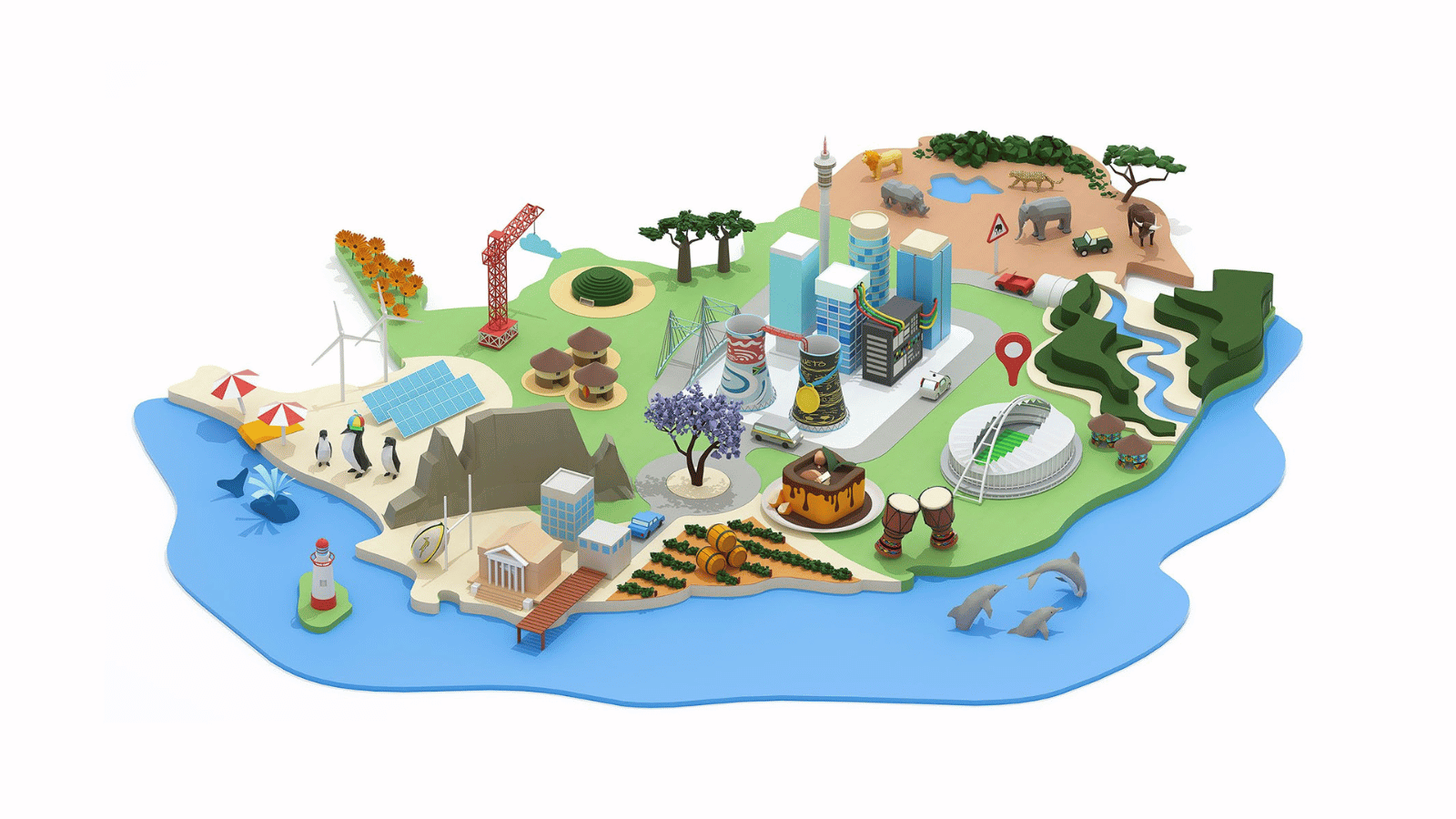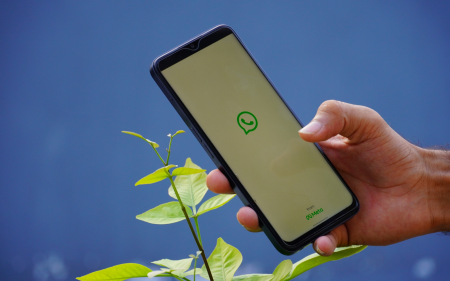After spending ages at the bottom of the internet pile, South Africa is finally being recognised for its patience. Oh, we’re not moving much in the rankings, but Google has announced that its Johannesburg Cloud region data centre is officially ready for use. We’ll take it.
Especially when what we’re getting is “access to high-performance, secure and low-latency cloud services,” for businesses and the potential for some real change in the industry. Google also revealed plans for a launch event later this year, to showcase just how transformative the tech could end up being for South Africa and, more broadly, the rest of Africa.
On (Google’s) Cloud Nine

Google has been threatening to join rivals Microsoft and Amazon in introducing its cloud infrastructure to the country since October 2022. Sure, it took a whole sixteen months to get here, but it’s finally arrived.
The addition of Johannesburg under the Cloud umbrella brings the company’s network up to 40 cloud regions and 121 “zones”, bringing its total up to 200 countries and territories worldwide, according to the company’s Cloud Africa director, Niral Patel.
“Like all Google Cloud regions, the Johannesburg region is connected to Google’s secure network, comprising a system of high-capacity fiber optic cables under land and sea around the world. This includes the recently-completed Equiano subsea cable system that connects Portugal with Togo, Nigeria, Namibia, South Africa, and St. Helena,” he said.
It’s clear why Africa has been in the search giant’s crosshairs for some time now. Patel mentions that Africa’s internet economy is expected to hit $180 billion by 2025 — “accounting for 5.2% of the continent’s gross domestic product (GDP).” He went on to say that its $1 billion investment to further aid the continent’s digital transformation would involve investing in infrastructure, a “vibrant ecosystem” and expanding the pool of talent here. In short, Google wants in on the boom before it becomes financially impractical to do so.




